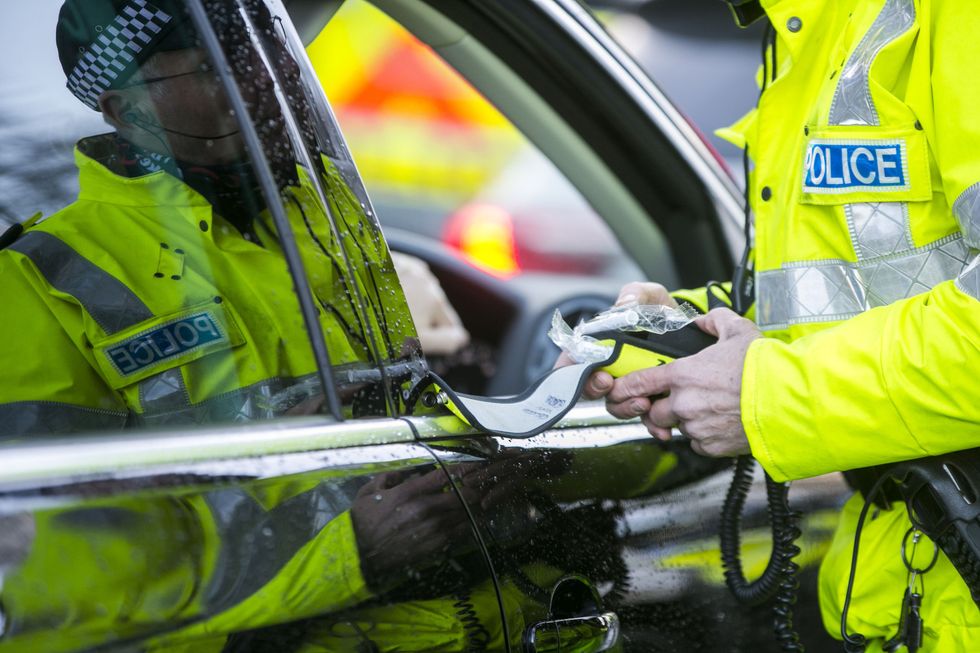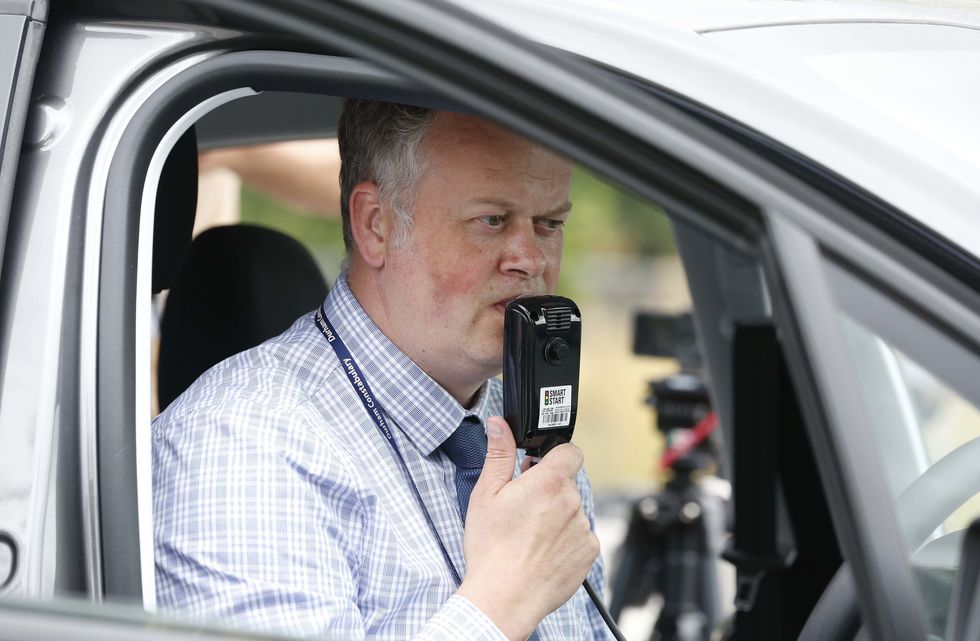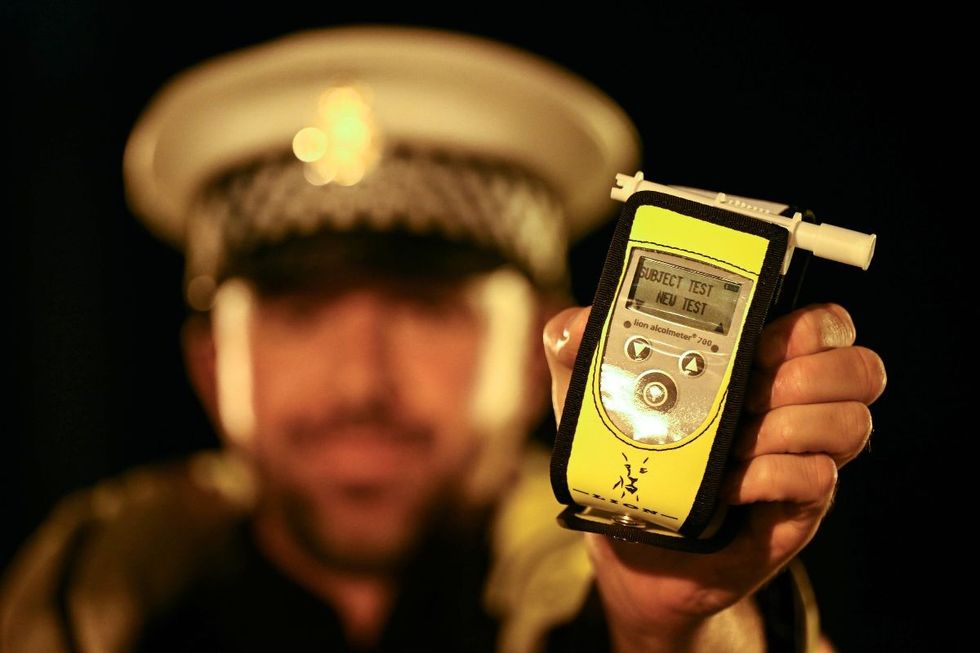Labour has launched its first major crackdown on drug driving in more than a decade, with a new nationwide campaign starting today across England and Wales.
The move marks a major push by the Government to improve road safety, backed by a wave of targeted adverts in areas identified as drug-driving hotspots.
The Department of Transport explained that the campaign is urgently needed, with drug-related road deaths rising sharply in recent years.
The new THINK! campaign focuses on young male drivers, who remain the group most likely to be involved in drug-related road incidents.
Police forces across England and Wales will run enhanced enforcement operations throughout December, traditionally the month when drug-driving offences surge.
The Government will be pairing these tough enforcement measures with a major public information drive, signalling what ministers describe as a determined effort to get a growing problem under control.
Government figures showed a 70 per cent rise in drug-related road deaths between 2014 and 2023.
Men account for around 90 per cent of drug-driving collisions, with four in 10 cases involving men aged 17 to 30.
Annual convictions for drug driving are now close to 27,000.
Road safety groups have been warning for years that drug-driving deaths have been rising much faster than other types of road fatalities.
Several organisations have welcomed the new campaign and urged the government to follow it with long-term action.

Local Transport Minister Lilian Greenwood said drug-driving was causing devastation on Britain’s roads.
She said: “Drug-driving destroys lives. To tackle this crucial issue, THINK! is reminding drivers of the dangers and the devastating consequences that come from getting behind the wheel under the influence of drugs.
“This innovative campaign sends a clear message: don’t put drugs in the driving seat. We’re determined to tackle this growing issue as part of our upcoming Road Safety Strategy, which will set out how we make our roads safer for everyone.”
The campaign launches alongside Operation Limit, a nationwide policing effort targeting drink- and drug-driving throughout December.
Police forces will be carrying out more roadside checks using both visible patrols and intelligence-led operations.
LATEST DEVELOPMENTS
- Rachel Reeves braces for nationwide anger as campaigners demand fuel duty stays frozen – ‘Wrong measure’
- Drivers’ fury as calls to change major driving rules ahead of Christmas period could impact thousands
- Motorists to see new driving laws introduced as thousands face £100 ‘on-the-spot’ fines for road offences

The upcoming Road Safety Strategy, expected soon, will set out more measures to stop drug-impaired driving, as well as wider plans to reduce road deaths.
At the centre of the campaign is a new advert built around the slogan “Don’t put drugs in the driving seat”.
New THINK! research showed worrying attitudes among the target group.
Almost one third (32 per cent) of young men aged 17 to 30 believe it is acceptable to drive after taking drugs if they “feel fine.”
Nearly half of the respondents said they personally knew someone who drives after taking drugs.
The adverts will run throughout December on TikTok, YouTube, Instagram, digital audio platforms and outdoor screens in known hotspot areas.

Chief Superintendent Marc Clothier, who leads Operation Limit for the National Police Chiefs’ Council, warned that drug drivers should expect to be caught.
He said: “Drug driving is incredibly dangerous and puts the lives of your passengers, other road users and yourself at risk.
“Police officers across the country are stepping up proactive and intelligence-led stops on our roads, so rest assured, if you drive under the influence of drugs or drink, we will catch you.”
The RAC has also backed the campaign, with policy chief Simon Williams stating: “Figures from this year’s RAC Report on Motoring show there’s been an increase in the number of people prepared to drive under the influence of drugs, the effects of which can be devastating.”
He said the rise in drug-driving deaths over the past decade was “deeply worrying” and needed urgent action.
Our Standards:
The GB News Editorial Charter







Follow